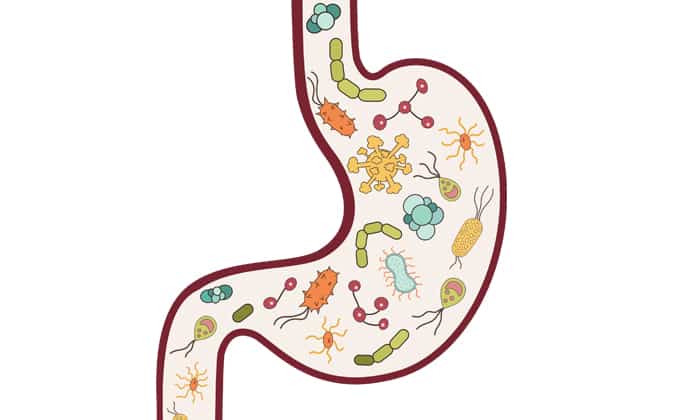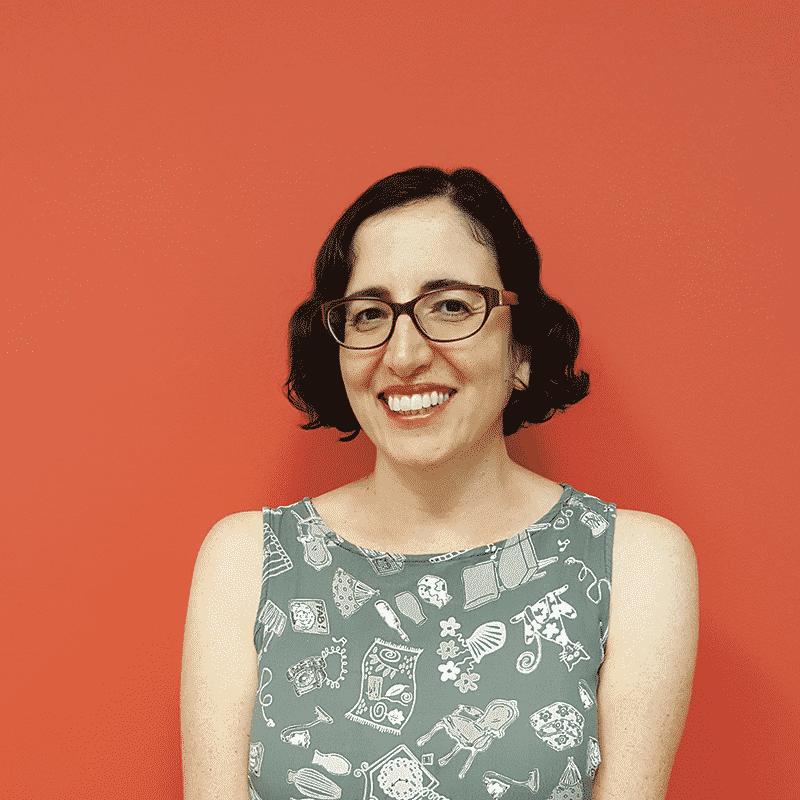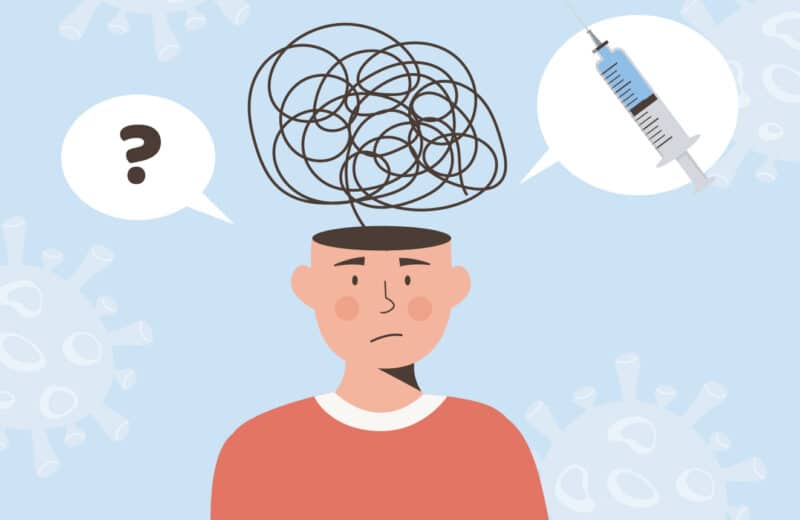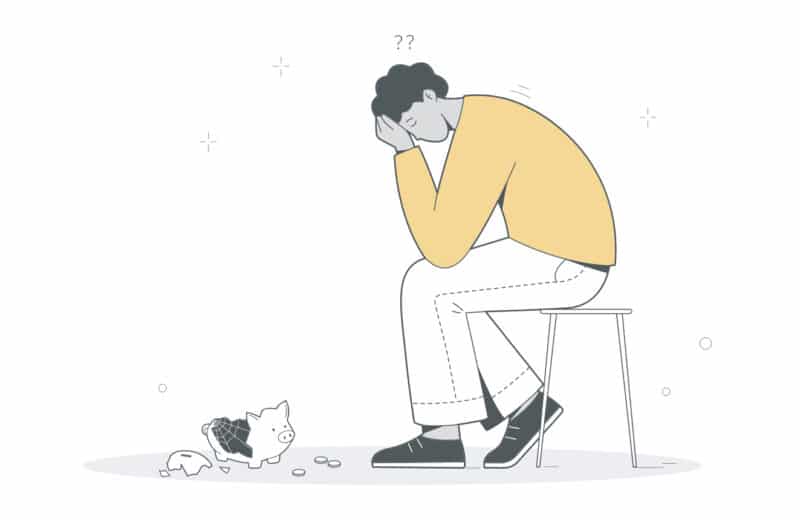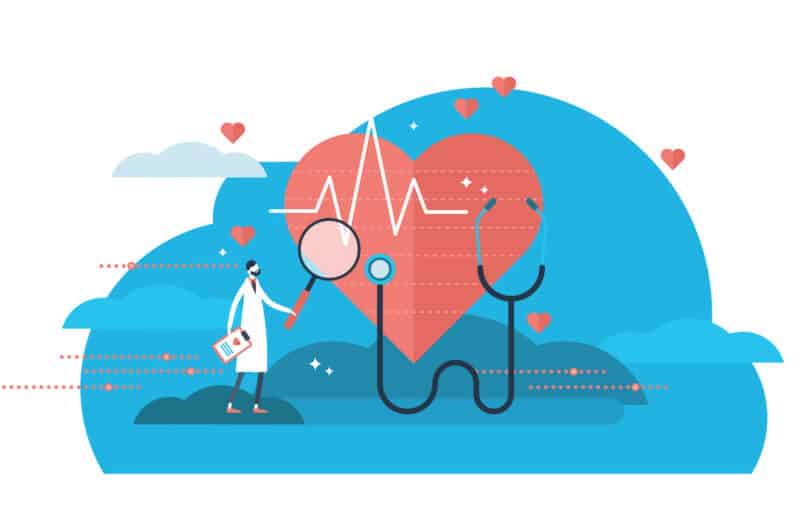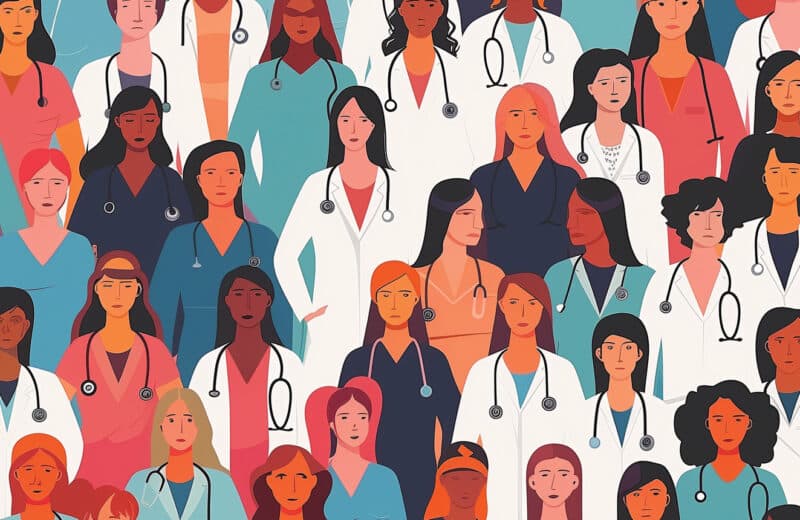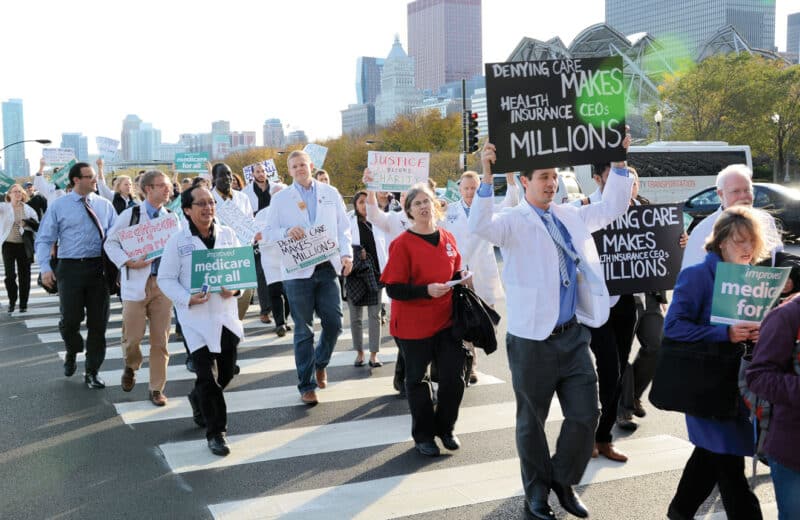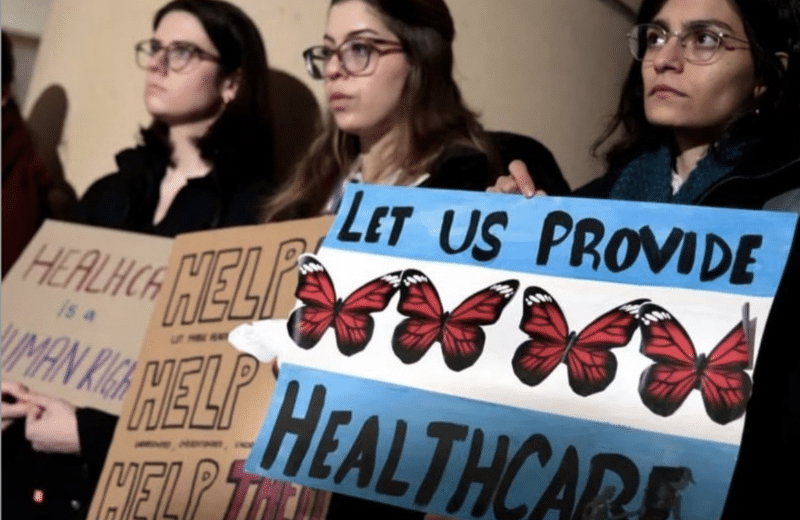The bacteria within us can affect everything from food allergies to autoimmune disease
Within us, there is a world of microorganisms; a biome of bacteria. For every cell in the human body, there are about 10 nonhuman cells. Which is to say that we are about 90 percent bacteria.
The 100 trillion bacteria living within us, colonizing our gut, are known collectively as the gut microbiome. The gut microbiome has a great influence on many aspects of our overall health—not just on digestive issues.
Even though we’ve been conditioned to think that bacteria are bad, some bacteria in our microbiome can have a protective effect. The beneficial bacteria are like our body’s community police; colonies of good bacteria can gang up on the bad.
Gut health is overall health
The bacteria in our microbiome can impact whether we develop inflammatory bowel disease, obesity and diabetes. It can affect metabolism, depression and behavior. It can also strengthen our immune system, protect us from infection and limit allergies and autoimmune disorders.
“What people need to know about gut health and the microbiome is that it’s not just digestion; it’s our overall health,” says Stephen B. Hanauer, MD, medical director of the Digestive Health Center, Northwestern Medicine.
“Let’s begin with the concept that our gut, in addition to handling digestion, is our immunologic eye to the world,” Hanauer says. “There is more immune tissue in the gut than there is in the rest of the body combined.” Our gut bacteria influence our body’s immune response, defending it against foreign invaders.
“Bacteria in our gut are healthy.
It’s a normal part of us,” Hanauer continues. “If we didn’t have them, we wouldn’t be able to digest things completely, and we would be very susceptible to almost any kind of potential harmful microbe. The good bacteria fight off harmful bacteria because the healthy bacteria don’t want the pathogens.”
The gut has even been called a second brain, influencing our behavior, health and development. The gut has more serotonin and other neurotransmitters than our brain. Think about when you get butterflies in your stomach. When stress affects the gut, it can alter the balance of bacteria in the microbiome, trigger inflammation and affect the brain and central nervous system, says David Rubin, MD, section chief of gastroenterology, hepatology and nutrition at the University of Chicago Medicine and co-director of its Digestive Diseases Center.
The hygiene hypothesis
The good bacteria in our bodies live in colonies that can be affected by everything from our exposure to germs to the state of our immune system at the time of birth—vaginal delivery and breastfeeding deliver protective bacteria to babies. It can be disturbed by widespread antibiotic use, nonsteroidal anti-inflammatory drugs (NSAIDs) like ibuprofen and the high-fat/low-fiber Western diet.
In our zeal to wash our hands with antibacterial soap and to spray countertops with disinfecting spray (“Kill 99.9 percent of the viruses and bacteria your family comes in contact with every day!”), we’ve negatively affected our balance of bacteria.
“It’s only in the past 100 years or so that we’ve begun to clean up our digestive tract by chlorinating water and by cleaning up our environment. One hundred years ago, 90 percent of children in the South had pinworms. Now it’s a rarity, but, as an example, some worms have a protective effect on our immune system, as do many bacteria,” Hanauer says.
The theory is that childhood exposure to germs and certain infections helps the immune system develop. Children living in underdeveloped countries don’t develop many First World diseases, like autoimmune diseases, obesity, heart disease, asthma, ulcerative colitis, Crohn’s disease, rheumatoid arthritis and psoriasis, Hanauer explains.
“That’s part of what is known as the hygiene hypothesis—that the increase in cleaning up our environment has been associated with many of these inflammatory diseases,” Hanauer says.
Bacteria are beneficial, Rubin says. “The traditional thinking about bacteria and living with it—back to the days of our parents and earlier eras—was really that bacteria was dirty, and it wasn’t something you wanted. We wanted to eradicate it and be as clean as possible. But we are learning that our gut immune system was built to live in harmony with this. In fact, we’re hard-wired to have exposure to organisms and even parasites, some of which we’ve eradicated from our environment.
“One of the major theories about the emergence and rise of immune conditions in humans has been that we’ve made our environments too clean. Therefore, the immune system of the bowel is overactive or doesn’t have control like it should because it never really learned how to respond properly to the environment that it was built to live with,” he says.
The everchanging microbiome
The microorganisms within us constitute their own dynamic ecosystem, Rubin explains. “The gut microbiome is a living component of our organism. It changes throughout the day; it changes over our lifetime; it changes when we’re sick; and it changes when we eat certain things. We’re starting to appreciate what the clinical significance of those changes might be and how we might learn from those changes so we can either prevent or treat certain diseases and conditions.”
Once the microbiome is established, it is relatively stable throughout a person’s life, although short- and long-term changes can occur. For the most part, the changes don’t have a lasting effect on our health, as the microbiome quickly returns to its regular state.
“For people who are otherwise healthy, it’s pretty stable. It bounces around a little if you get food poisoning or if something happens, but it goes back to that baseline colonization that has been ingrained in your body,” Rubin says.
“But for people who have a change in the way they eat or the way they function, or if they have a genetic susceptibility to an overactive immune system, they’re much more susceptible to fluctuations and dynamic changes in the gut microbiome. And when it changes, it can result in persistent problems or other diseases.”
Bacteria and food allergies
Some bacteria might protect kids from developing food allergies, says Cathryn Nagler, PhD, Bunning Food Allergy Professor at University of Chicago Medicine, who has been researching how bacteria affect food allergies.
Nagler depleted bacteria in mice by giving them broad-spectrum antibiotics, then elicited an allergic sensitization to peanuts. When she then gave the mice bacteria from the Clostridia, family, allergen levels plummeted. Clostridia induces a cytokine that makes the intestinal barrier impermeable to food antigens, she found.
In another study, Nagler found that infants with cow’s milk allergy who were given the probiotic Lactobacillus rhamnosus GG (LGG) developed tolerance to cow’s milk at higher rates than those treated with a nonprobiotic formula. So the probiotic seemed to have a protective effect.
The effect of antibiotics
Infancy and early life is a critical time for development of the microbiome and immune system, but antibiotics can disrupt this as they kill some good bacteria, Nagler says. (See Bugs That Just Say No)
“Antibiotic use, particularly during the first few years of life, can change the gut microbiota in ways from which it may never recover. That seems to be clearly contributing to the increasing prevalence of these diseases,” like food allergies, diabetes, obesity, autism and asthma, Nagler says.
Antibiotics can wipe out strains of bacteria inside the body, causing unintended effects, Hanauer says. “When you feed antibiotics to animals, they gain muscle weight. That’s one of the primary reasons that they’re administered to [livestock] animals. It’s not to protect them from infections; it turns out that they gain more weight. Sure enough, what do you see now in kids who have been exposed to antibiotics as children? An association with the risk of obesity.”
Potent acid suppression used to treat ulcers and heartburn can also affect our gut microbiome, Hanauer says. “Under normal situations, most harmful bacteria are killed in the stomach. But when you inhibit acid production, it allows those harmful bacteria to grow out of proportion. So individuals who are on potent acid suppression are more susceptible to develop pneumonia in the hospital and are more susceptible to develop salmonella infections.”
Future treatments
There’s a lot yet to be learned about the gut microbiome. And even more to be learned about developing treatments based on altering the bacteria in our microbiome.
If you think the answer is probiotics—introducing healthy bacteria in pills or in food like yogurt—slow down.
“The truth is that as much as we like the theory of probiotics, there’s not very much that they can actually do for us yet,” Rubin says. “They’re expensive, and they’re not regulated, which means the quality isn’t always as good as we need it to be.” There are also questions about which strains of bacteria probiotics should contain, what quantity, how best to deliver them and how often to take them.
“Our bacteria live in communities. You can disrupt the community by giving antibiotics or adding in probiotics, but as soon as they’re stopped, the community tends to go back to its baseline homeostasis,” Rubin says.
Hanauer suggests that we pay attention to the food we eat. Processed foods, like those containing high fructose corn syrup, disrupt the balance of our microbiome. “Fructose changes the normal gut microbiome. When you feed one population of bacteria, they can outgrow other populations,” he says. He advises to eat whole foods, mainly fruits and vegetables.
Nagler hopes to use the lab’s studies to test new bacteria-based treatments. “We think we can get one of them into clinic in the near future as a treatment or intervention for kids with food allergy,” she says.
Rubin says that work is in the early stages. “We’ve started to learn that we might be able to treat some immune diseases by reintroducing pathogens into the gut,” he says. “We haven’t quite figured it out in a clinically reliable way. This isn’t coming to a clinic near you quite yet.”
“The major innovation that will change what we do is what I’ve termed microbiota manipulation,” Rubin says. “This refers to some directed intervention—whether it’s diet or some other type of organisms that we’re delivering or even something as radical as a fecal transplant—to change the gut microbiome for a specific therapeutic benefit. If we can get to that—and can customize it based on an individual’s specific need and balance or imbalance—then we’re going to really make some progress.”

